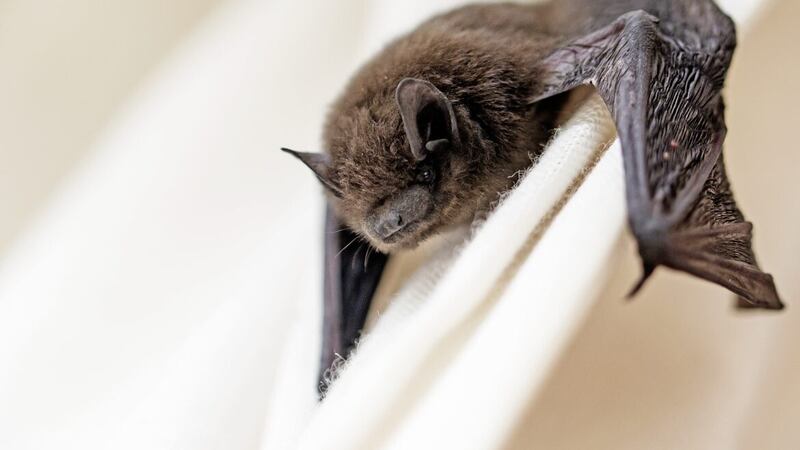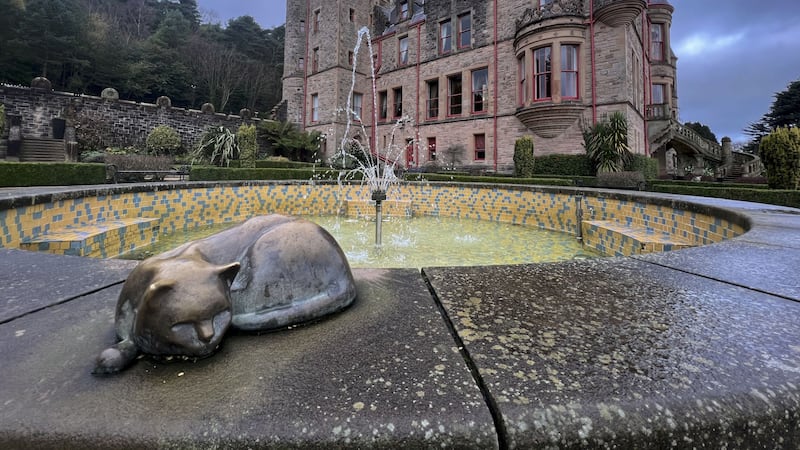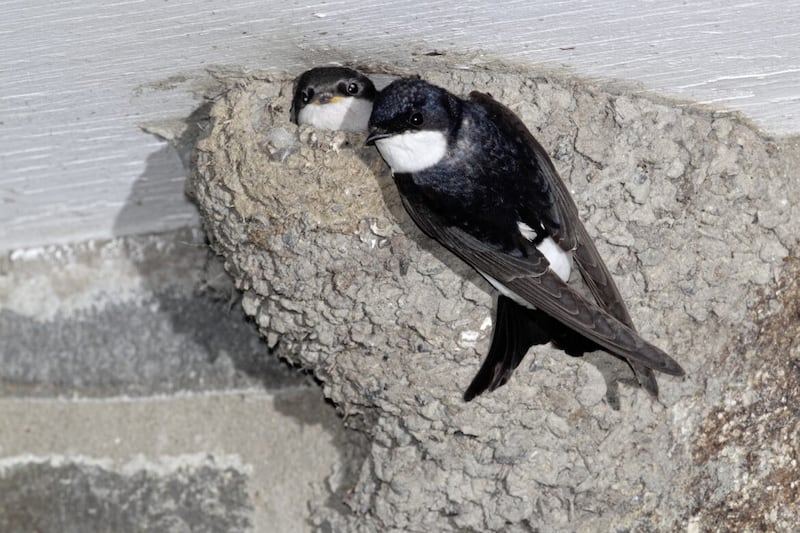I'VE been missing my dog Robbie a lot lately, especially during those warm sunny weeks in June, when I spent time in the garden attending to routine tasks of checking plants, weeding and watering.
Previously, when carrying out such activities, Robbie was constantly following at my feet, as if wanting to help but more often to engage his terrier genes of digging in soil or mischievously lifting a tool in jest. At day's end when the work was done, he would lie contentedly beside my chair as we both enjoyed the sounds and smells of the garden.
Sitting out recently, recalling such happy times, I remembered the occasion almost 11 years ago when Robbie was in the joy of youth and a similar balmy evening triggered my five senses. The comforting touch and feel of his soft coat, the scent of roses, the sight of swallows, music of a song thrush and the refreshing taste of a cold beer all present in a moment in time. The emergence of the resident pipistrelle bat at dusk was the prompt to retreat inside, and for Robbie to continue his slumbers on a chosen corner of the sofa.
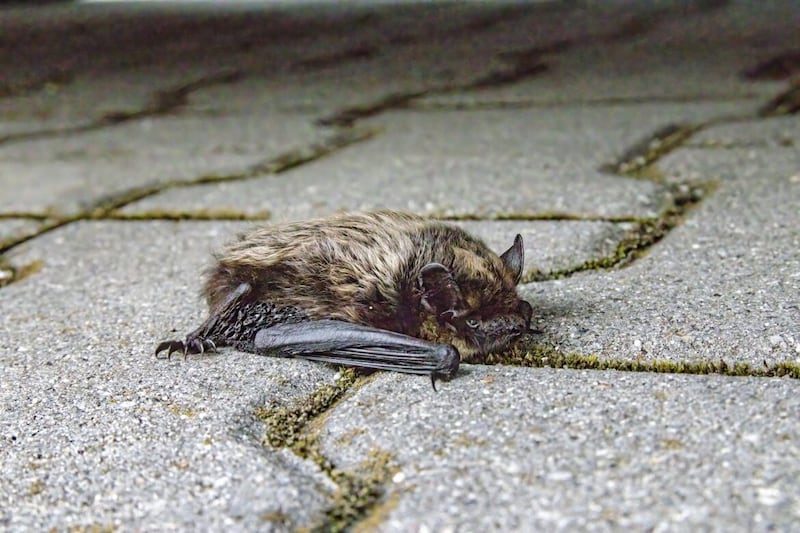
This time, screaming swifts, sickle winged and high in the sky, formed the backdrop to high-pitched calls of young bluetits begging for food in the ash, while a blackbird, tail cocked, repeated its 'chink chink' alarm call, alerting all to the threat of a nearby cat. This, while the sweet-smelling scent of honeysuckle, 'wild woodbine' to some, drifted in the warm evening air, an elixir for body and mind.
Again, a cold beer brought taste and this time, without Robbie, also the touch. As Yeats's 'moth-hour of eve' approached, the local common pipistrelle appeared again in the closing light to begin its circling of the garden, hoovering up insects in the night. In this instance, I remained watching until darkness fell.
The common pipistrelle is one of three pipistrelles, from a total of nine bat species present in Ireland. It is one of our smallest, under 8g in weight, and most common species, found in woodland, farmland and towns, where buildings are used for roosting and rearing young.
Watching it silently navigate the sky, I was transported briefly into the world of myth and legend associated with the mammal, and stories from the 16th century about their drinking blood – narratives which must have helped inspire Irish writer Bram Stoker to write his 1897 horror classic Dracula.
Read more:
Take on Nature: In the company of birds
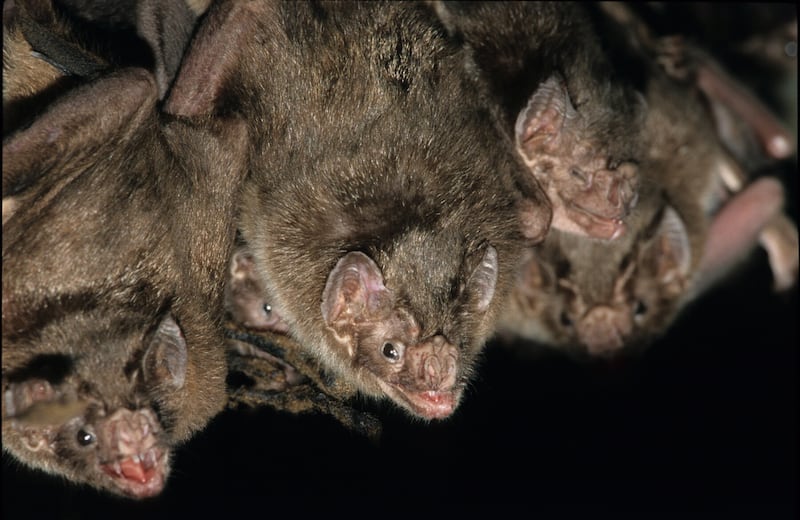
While vampire bats do exist in Central and South America, feeding on the blood of livestock, no such species are present in Ireland, but their association with ill omen still lingers. One of its Irish names, 'bás dorhca', dark death, hints at how bats are viewed by some. Other names are less disparaging with 'sciathán leathair', leather wing, referencing the animal's fine skin membrane, stretching from body to arm and fingers, and 'ialtóg', a general term for bat.
The late James Fairley, Belfast-born former professor of Zoology at University of Galway, wrote of bats in A Basket of Weasels (2001): "Many people erroneously regard bats as winged rodents, and therefore pests, and up until recently bats have had a bad press mainly through superstition, ignorance, certain works of fiction and because they are nocturnal.
"Bats are not a health hazard in Ireland. Unless a bat is handled roughly, it will not bite and even then, the teeth do not easily break the skin."
Wise words from this pioneering academic of Irish mammals. As darkness fell, I bade Pipistrellus pipistrellus farewell and wished wee Robbie well, wherever he is.

